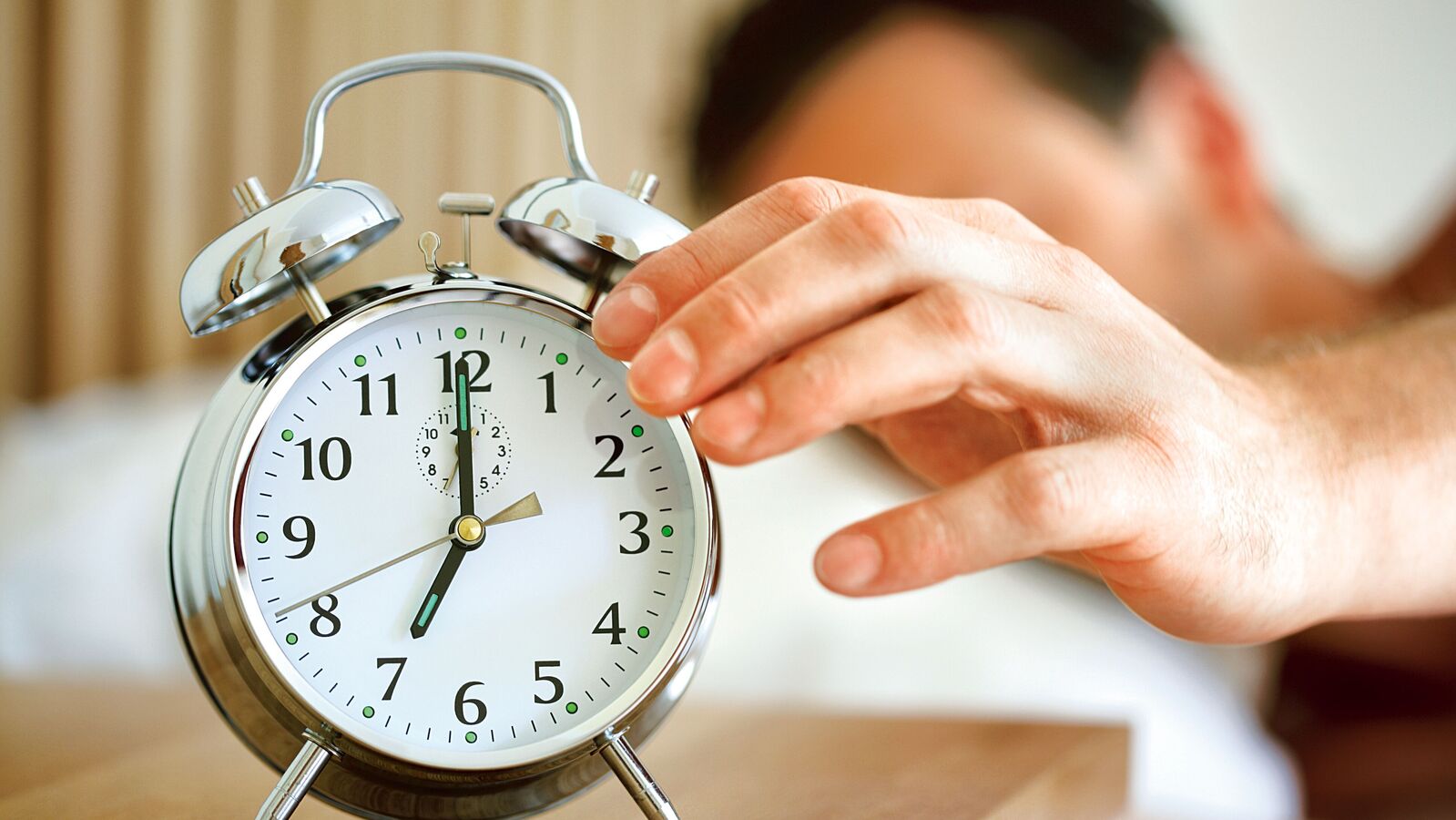Research suggests that waking up suddenly to an alarm can cause a sudden increase in blood pressure (BP) and heart rate, which can increase the risk of conditions such as heart attacks or strokes. If an alarm is used, the “snooze” option may be more helpful.
One study found that people who were forced to wake up by alarms had 74 percent higher morning blood pressure compared to those who woke up naturally.
The research also indicated that the increase in blood pressure was more pronounced with inadequate sleep. It is known that sudden awakening, triggered by a phone alarm, further aggravated the problem.
The sudden increase in blood pressure can activate the sympathetic nervous system, making the heart work harder and causing symptoms such as fatigue, shortness of breath, anxiety, neck stiffness and, in severe cases, nosebleeds and headaches.
The study also noted that adults with cardiovascular disease may face more severe effects from this early morning rise in blood pressure when they have not had enough sleep and wake up startled.
Stress hormones increase
Additionally, sudden awakenings trigger stress hormones like cortisol and adrenaline, which disrupt the body’s natural sleep cycle. This causes “sleep inertia,” which can leave one feeling groggy and disoriented after waking up in the morning.
Furthermore, using alarms to wake up can negatively affect mental health and mood, as sleep is crucial for emotional regulation and mood stability, the study showed. Disruptions caused by alarms can also make people feel irritable, stressed and anxious, which could affect heart health indirectly.
Sleep to be healthy
Meanwhile, another study conducted by the Journal of sleep research Hitting the snooze button to get an extra five or ten minutes of sleep has been shown to be beneficial to your health.
The research showed that people who regularly hit the snooze button only lost about six minutes of sleep per night, which did not affect their morning sleepiness or mood.
Healthy alternatives to alarms
Dr Sudhir Kumar, a neurologist at Apollo Hospital in Hyderabad, shared some healthy alternatives to snoozing.
This is what can be done, he said. doctor on his social media account at X:
1. Avoid using the alarm on a regular basis
2. Get adequate sleep (7-8 hours) allowing you to wake up naturally.
3. Allowing natural light into the room reduces the production of melatonin (sleep hormone) in the brain. This will allow you to wake up naturally.
4. Maintain a consistent sleep schedule that allows for proper functioning of the circadian rhythm, that is, the body’s sleep cycle.
5. If alarms are used, a melodic or relaxing sound that is pleasant to listen to will help keep health risks at bay.
Catch all the Business News, Market News, Breaking News Events and Latest news Updates in Live Mint. Download Mint News App for daily market updates.
FurtherLess
Disclaimer:
The information contained in this post is for general information purposes only. We make no representations or warranties of any kind, express or implied, about the completeness, accuracy, reliability, suitability or availability with respect to the website or the information, products, services, or related graphics contained on the post for any purpose.
We respect the intellectual property rights of content creators. If you are the owner of any material featured on our website and have concerns about its use, please contact us. We are committed to addressing any copyright issues promptly and will remove any material within 2 days of receiving a request from the rightful owner.

